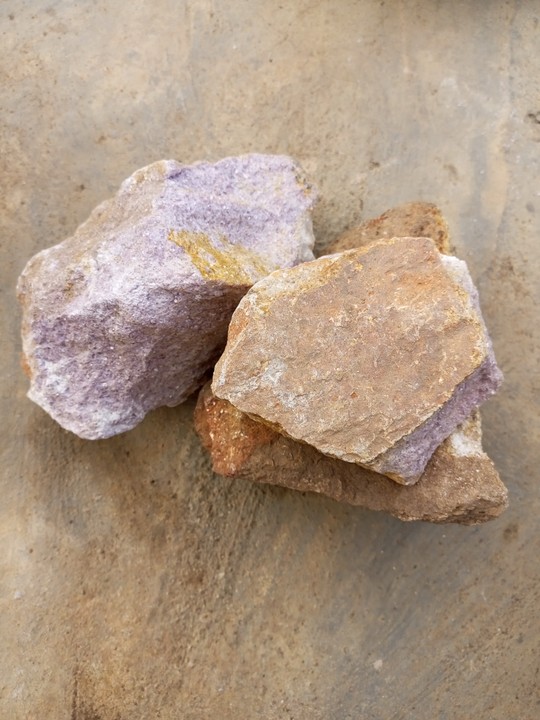
Lithium is a soft, silvery-white alkali metal that is highly reactive, incredibly light and low in density. Though it had a diverse range of applications throughout history, in recent years, it has become a critical component of lithium-ion (‘Li-ion’) batteries due its reactivity, lightness and ability to be recharged.
It is typically extracted from ores and mineral springs, where it can be found in trace amounts. It is used in aircraft cooling systems, special glasses, bicycle frames, rechargeable batteries, nuclear reactors, glass ceramics, and armour plating, among other things.
The global lithium market size was valued at USD 6.83 billion in 2021 and is expected to expand at a compound annual growth rate (CAGR) of twelve percent (12%) from 2022 to 2030.
Electrification of vehicles is projected to attract a significant volume of lithium-ion batteries, thus anticipated to drive the market over the forecast period.
The automotive application segment is expected to witness substantial growth over the forecast period, driven by stringent regulations for ICE automakers imposed by government bodies to reduce carbon dioxide emissions from vehicles. This has shifted the interest of automakers toward producing EVs, which is anticipated to benefit the demand for lithium and related products.
Government subsidies for EVs, along with investments in this space, are likely to act as an additional booster to the growth of the market.
The lithium market is segmented as below:
By Application
Battery
Lubricant
Aluminium Smelting
Alloy
Air Treatment
Medical
Glass and Ceramics
Metallurgy
Polymer
Others
By Product
Carbonate
Hydroxide
Others
In Nigeria, lithium minerals (spodumene and lepidolite) are known to be associated with cassiterite, columbite-tantalite (coltan) and others in the extensive belt of rare metal-bearing rock types called pegmatite.
These rock pegmatites stretch from the Wamba area, Nasarawa State, north central; through Egbe-Isanlu, Kogi State; north central, Ondo-Ekiti States, south west; to the Ife-Ilesa, Osun State; south west.
Another belt in the western half of Nigeria, stretching from Zamfara and Kaduna States, north west; through Niger and Kwara States, north central; and Oyo State, south west; is known to host the rare metal-bearing pegmatites. Some have also been found in Obudu, Cross River State, southern Nigeria.
Within these belts, dozens of occurrences of the rare metal-bearing pegmatites are recorded and some are known to have lithium-bearing minerals. Lithium ore mining in Nigeria is a profitable venture and the mineral in high demand.






















